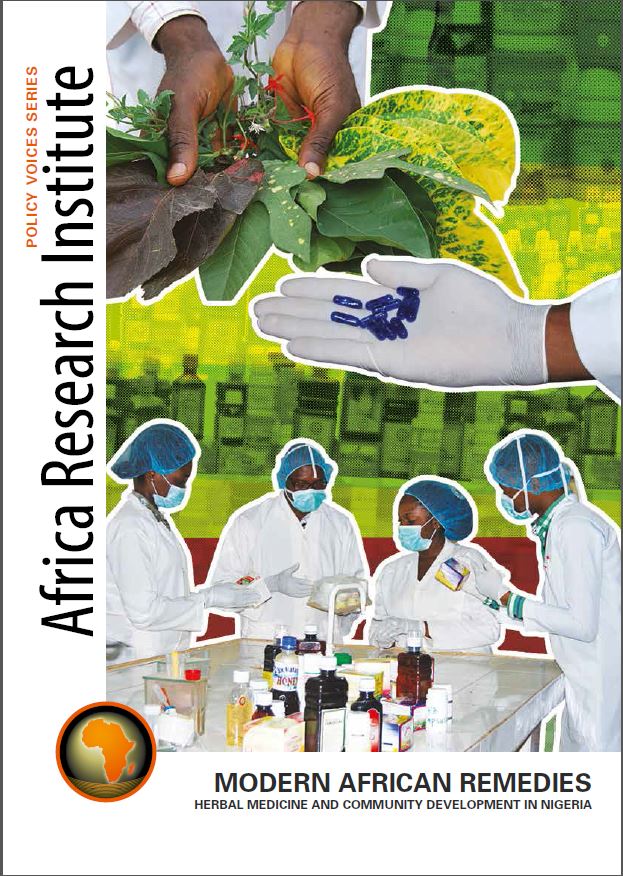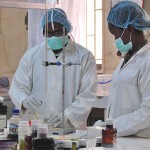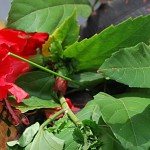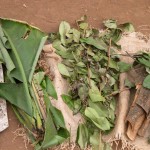Despite its middle-income status, Nigeria’s health system cannot provide even a rudimentary level of care for most citizens – particularly in rural areas. As the prevalence of chronic and infectious diseases increases, indigenous medical knowledge must be utilised. In Nigeria, but also globally, there is growing recognition of the need to integrate traditional medicine into mainstream health systems to bolster their ability to cope with an ever-increasing burden.
In the early 1990s Father Anselm Adodo, a Benedictine monk, became increasingly aware of the tragic inter-generational loss of indigenous medical knowledge in his locality. In 1996, he founded Paxherbals at the monastery in Ewu, Edo State, to preserve this valuable resource and apply scientific rigour to the manufacture of natural remedies.
Two decades later, “Pax” is the largest private sector rural manufacturing enterprise in Edo State and an industry leader in Nigeria. It is regarded as an undoubted success story, one of which the monastic and local communities are justifiably proud. Success is based on joint endeavour. While Pax has created many jobs in its factory and laboratories, and economic opportunities through its local supply chain, its neighbours are suppliers of knowledge, skills and raw materials. They are also consumers. Pax is firmly rooted in, and has transformed, its surroundings.
This Policy Voice documents how Pax professionalised the production of traditional natural remedies and set about demonstrating that herbal medicines can be a force for innovation and progress in health care. An estimated two-thirds of Nigerians use these products, often in tandem with orthodox drugs. But Anselm is adamant that open dialogue, scrutiny and regulation are crucial if negative perceptions of non-orthodox treatments are to be dispelled and the economic potential of the sector realised. More than 30 Pax products are government-certified.
For Anselm, and Pax, “traditional” medicine must be modern, professional and based on science if it is to contribute to improving health systems and outcomes. With appropriate federal and state involvement, thriving traditional medicine and pharmaceutical industries could be fostered in Nigeria; and the transformation that Pax and the local community have brought about in Ewu could be typical, rather than exceptional. Indigenous knowledge, resources and enterprise remain under-exploited.













